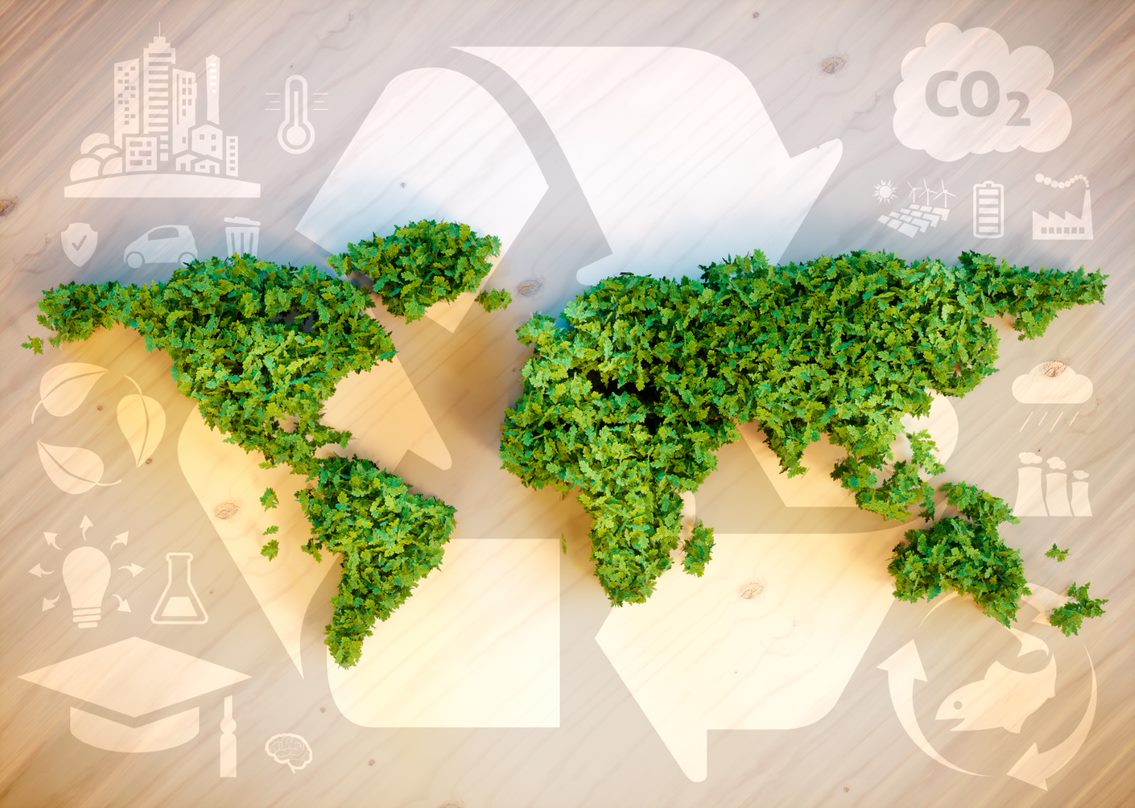Biogenic carbon capture and use (bio-CCU) seems to engage many of CLIC’s members right now. The workshops arranged in this theme have resulted in a rather clear understanding that a possible co-innovation project should investigate what value chains generate most value in utilization of biogenic CO2. Several research questions of interest have been identified related to this object, among them for example the emerging importance of technical sinks in carbon capture. Another research question of great importance is how the use of biogenetic CO2 is dependent on different kinds of legislation, created to support both biodiversity, climate change mitigation and circular economy.
Idea Refinery “Carbon Negative Living as a Service” gathered around 30 participants. In a one-day sprint, four sub-groups first formulated value chains and service concepts that would contribute to the theme. These themes were elaborated further to research project application drafts. In the end of the day, a panel of funding experts gave their recommendations on where to apply for funding. The next step will be to come together on 15.9. to decide, if a project application will be written, how it will look like, and which call it will be aiming at. Right now, the newly opened RRF-call “Low-carbon built environment” at least looks like it was created with this kind of projects in mind. During the workshop as an immediate business opportunity, we identified that even more investment-oriented applications can come to question.
Of the two upcoming Idea Refineries, workshop “BotH2nia” will be outlining the hydrogen investment and research project map of Finland. Workshop “Sustainability of Nationally Strategic Value Chains” will be deciding, which new value chains needed in green electrification and hydrogen economy are nationally so important, that it’s motivated to apply for funding for an independent international research project to guarantee their sustainability over lifetime.


